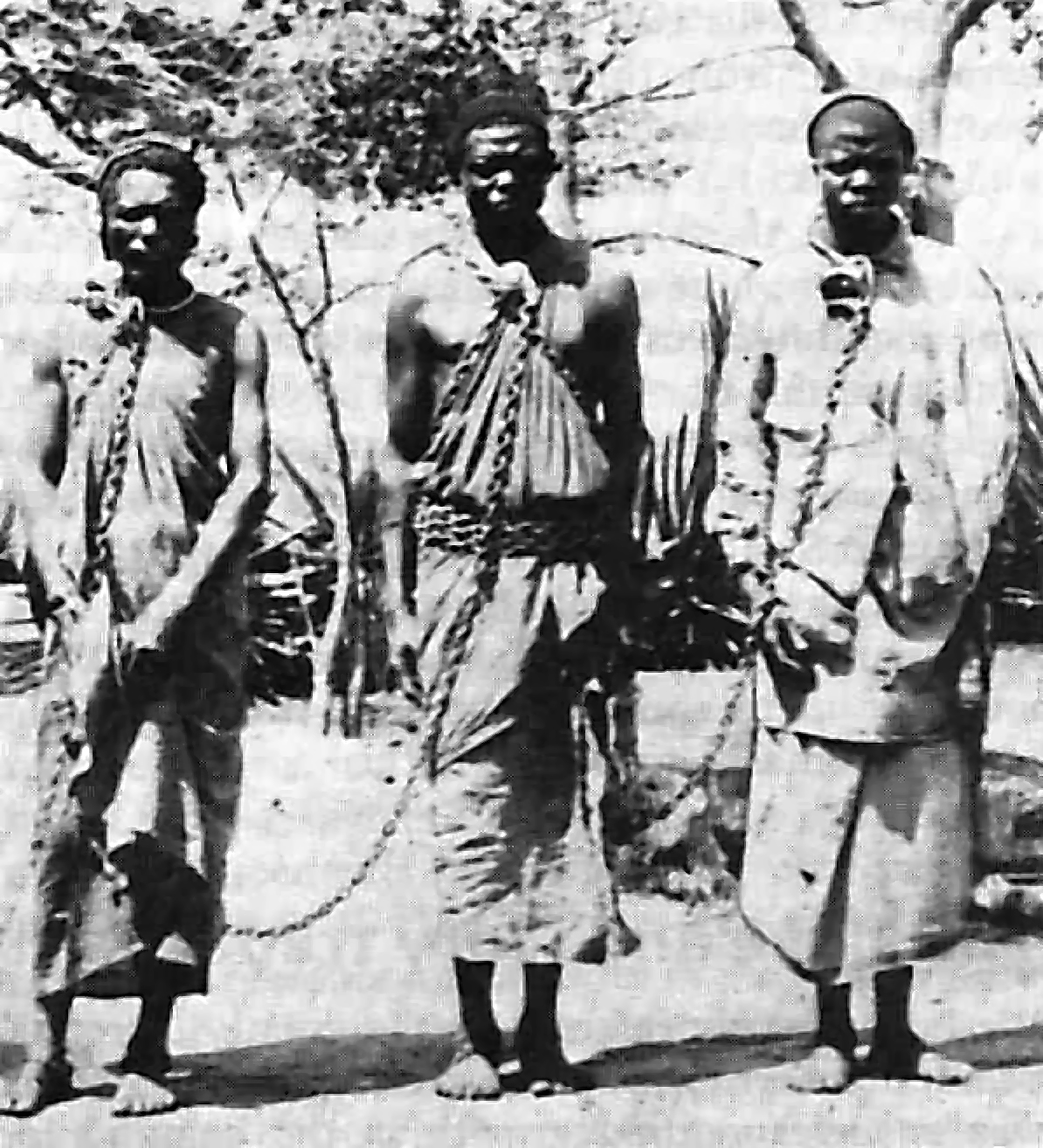Economist/writer/professor/columnist/commentator Robert Reich put out a snippet from his upcoming book and it looks to be fantastic. Here is an excerpt.
" due out 9/29. Some italics added for emphasis.
"The Phony Free Market"
It usually occurs in a small theater or a lecture hall. Someone introduces me and then introduces a person who is there to debate me. My debate opponent and I then spend five or ten minutes sparring over the chosen topic—education, poverty, income inequality, taxes, executive pay, middle-class wages, climate change, drug trafficking, whatever. It doesn’t matter. Because, with astounding regularity, the debate soon turns to whether the “free market” is better at doing something than government.
I do not invite this. In fact, as I’ve already said and will soon explain, I view it as a meaningless debate. Worse, it’s a distraction from what we should be debating. Intentional or not, it deflects the public’s attention from what’s really at issue.
Few ideas have more profoundly poisoned the minds of more people than the notion of a “free market” existing somewhere in the universe, into which government “intrudes.” In this view, whatever inequality or insecurity the market generates is assumed to be the natural and inevitable consequence of impersonal “market forces.” What you’re paid is simply a measure of what you’re worth in the market. If you aren’t paid enough to live on, so be it. If others rake in billions, they must be worth it. If millions of people are unemployed or their paychecks are shrinking or they have to work two or three jobs and have no idea what they’ll be earning next month or even next week, that’s unfortunate but it’s the outcome of “market forces.”
According to this view, whatever we might do to reduce inequality or economic insecurity—to make the economy work for most of us—runs the risk of distorting the market and causing it to be less efficient, or of producing unintended consequences that may end up harming us. Although market imperfections such as pollution or unsafe workplaces, or the need for public goods such as basic research or even aid to the poor, may require the government to intervene on occasion, these instances are exceptions to the general rule that the market knows best.
The prevailing view is so dominant that it is now almost taken for granted. It is taught in almost every course on introductory economics. It has found its way into everyday public discourse. One hears it expressed by politicians on both sides of the aisle.
The question typically left to debate is how much intervention is warranted. Conservatives want a smaller government and less intervention; liberals want a larger and more activist government. This has become the interminable debate, the bone of contention that splits left from right in America and in much of the rest of the capitalist world. One’s response to it typically depends on which you trust most (or the least): the government or the “free market.”
But the prevailing view, as well as the debate it has spawned, is utterly false. There can be no “free market” without government. The “free market” does not exist in the wilds beyond the reach of civilization. Competition in the wild is a contest for survival in which the largest and strongest typically win. Civilization, by contrast, is defined by rules; rules create markets, and governments generate the rules. As the seventeenth-century political philosopher Thomas Hobbes put it in his book "Leviathan:"
[in nature] there is no place for industry, because the fruit thereof is uncertain: and consequently no culture of the earth; no navigation, nor use of the commodities that may be imported by sea; no commodious building; no instruments of moving and removing such things as require much force; no knowledge of the face of the earth; no account of time; no arts; no letters; no society; and which is worst of all, continual fear, and danger of violent death; and the life of man, solitary, poor, nasty, brutish, and short.
A market—any market—requires that government make and enforce the rules of the game. In most modern democracies, such rules emanate from legislatures, administrative agencies, and courts. Government doesn’t “intrude” on the “free market.” It creates the market.
The rules are neither neutral nor universal, and they are not permanent. Different societies at different times have adopted different versions. The rules partly mirror a society’s evolving norms and values but also reflect who in society has the most power to make or influence them. Yet the interminable debate over whether the “free market” is better than “government” makes it impossible for us to examine who exercises this power, how they benefit from doing so, and whether such rules need to be altered so that more people benefit from them.
The size of government is not unimportant, but the rules for how the free market functions have far greater impact on an economy and a society. Surely it is useful to debate how much government should tax and spend, regulate and subsidize. Yet these issues are at the margin of the economy, while the rules are the economy. It is impossible to have a market system without such rules and without the choices that lie behind them. As the economic historian Karl Polanyi recognized, those who argue for “less government” are really arguing for a different government—often one that favors them or their patrons.
“Deregulation” of the financial sector in the United States in the 1980s and 1990s, for example, could more appropriately be described as “reregulation.” It did not mean less government. It meant a different set of rules, initially allowing Wall Street to speculate on a wide assortment of risky but lucrative bets and permitting banks to push mortgages onto people who couldn’t afford them. When the bubble burst in 2008, the government issued rules to protect the assets of the largest banks, subsidize them so they would not go under, and induce them to acquire weaker banks. At the same time, the government enforced other rules that caused millions of people to lose their homes. These were followed by additional rules intended to prevent the banks from engaging in new rounds of risky behavior (although in the view of many experts, these new rules are inadequate).
The critical things to watch out for aren’t the rare big events, such as the 2008 bailout of the Street itself, but the ongoing multitude of small rule changes that continuously alter the economic game. Even a big event’s most important effects are on how the game is played differently thereafter. The bailout of Wall Street created an implicit guarantee that the government would subsidize the biggest banks if they ever got into trouble. This gave the biggest banks a financial advantage over smaller banks and fueled their subsequent growth and dominance over the entire financial sector, which enhanced their subsequent political power to get rules they wanted and avoid those they did not.
The “free market” is a myth that prevents us from examining these rule changes and asking whom they serve. The myth is therefore highly useful to those who do not wish such an examination to be undertaken. It is no accident that those with disproportionate influence over these rules, who are the largest beneficiaries of how the rules have been designed and adapted, are also among the most vehement supporters of the “free market” and the most ardent advocates of the relative superiority of the market over government. But the debate itself also serves their goal of distracting the public from the underlying realities of how the rules are generated and changed, their own power over this process, and the extent to which they gain from the results. In other words, not only do these “free market” advocates want the public to agree with them about the superiority of the market but also about the central importance of this interminable debate.
They are helped by the fact that the underlying rules are well hidden in an economy where so much of what is owned and traded is becoming intangible and complex. Rules governing intellectual property, for example, are harder to see than the rules of an older economy in which property took the tangible forms of land, factories, and machinery. Likewise, monopolies and market power were clearer in the days of giant railroads and oil trusts than they are now, when a Google, Apple, Facebook, or Comcast can gain dominance over a network, platform, or communications system. At the same time, contracts were simpler to parse when buyers and sellers were on more or less equal footing and could easily know or discover what the other party was promising. That was before the advent of complex mortgages, consumer agreements, franchise systems, and employment contracts, all of whose terms are now largely dictated by one party. Similarly, financial obligations were clearer when banking was simpler and the savings of some were loaned to others who wanted to buy homes or start businesses. In today’s world of elaborate financial instruments, by contrast, it is sometimes difficult to tell who owes what to whom, or when, or why.
Before we can understand the consequences of all of this for modern capitalism, it is first necessary to address basic questions about how government has organized and reorganized the market, what interests have had the most influence on this process, and who has gained and who has lost as a result.
***
Should you wish to pre-order: Amazon:
http://bit.ly/1F2A9PX; Barnes & Noble:
http://bit.ly/1ihgd0M; IndieBound:
http://bit.ly/1UW92No
(Excerpted by permission of Knopf, a division of Random House LLC.)
Link showing precisely what we're fighting today in business:
























